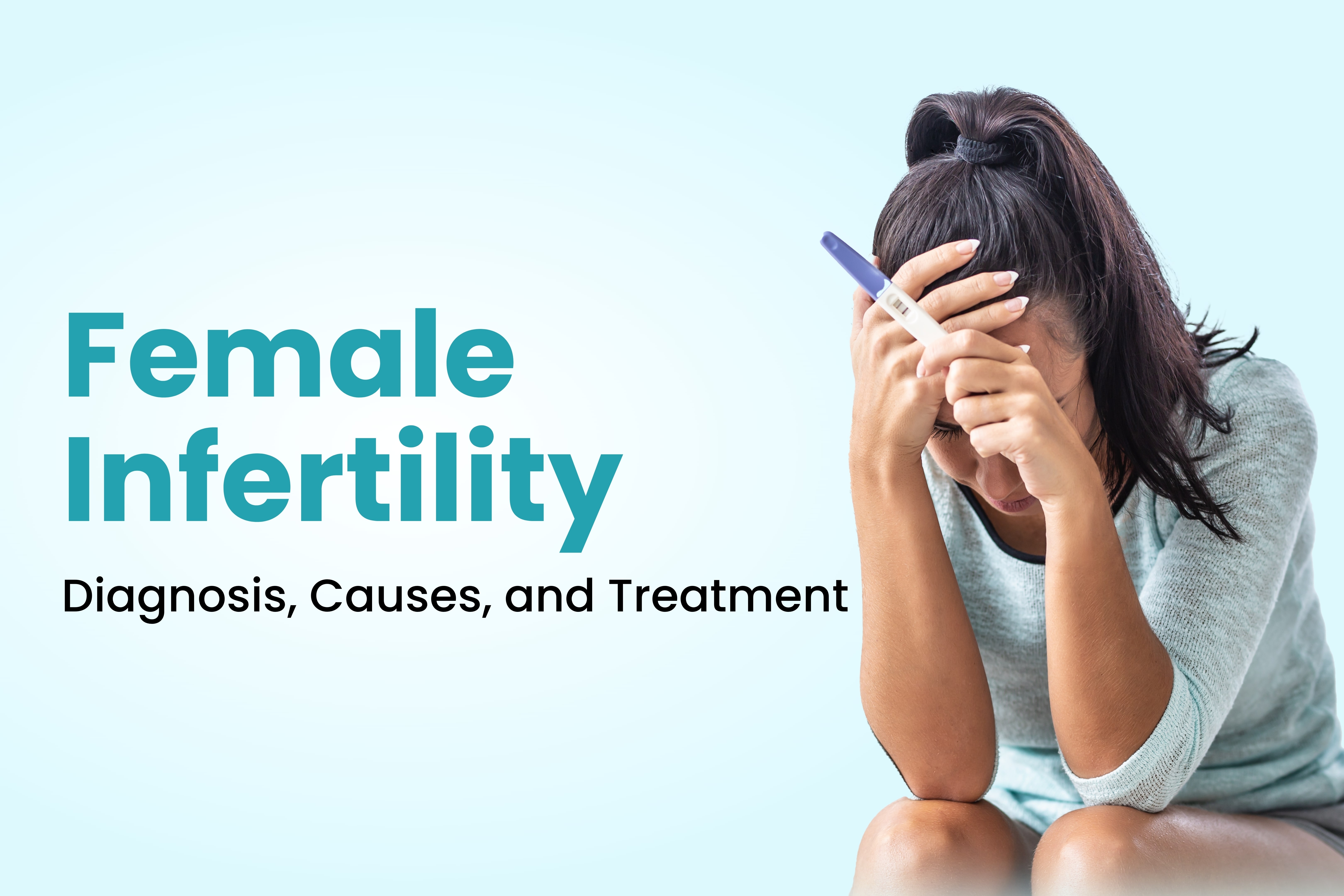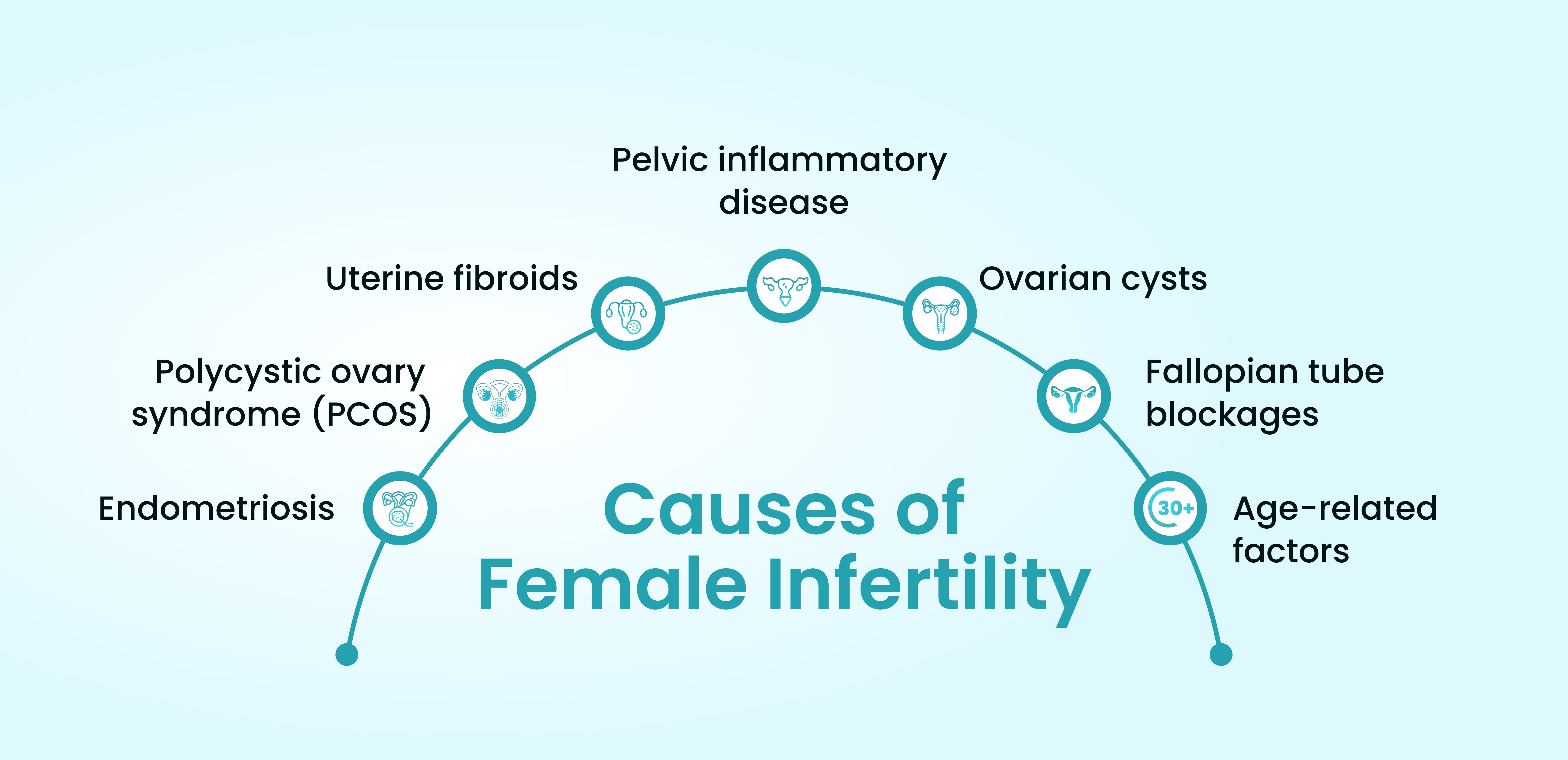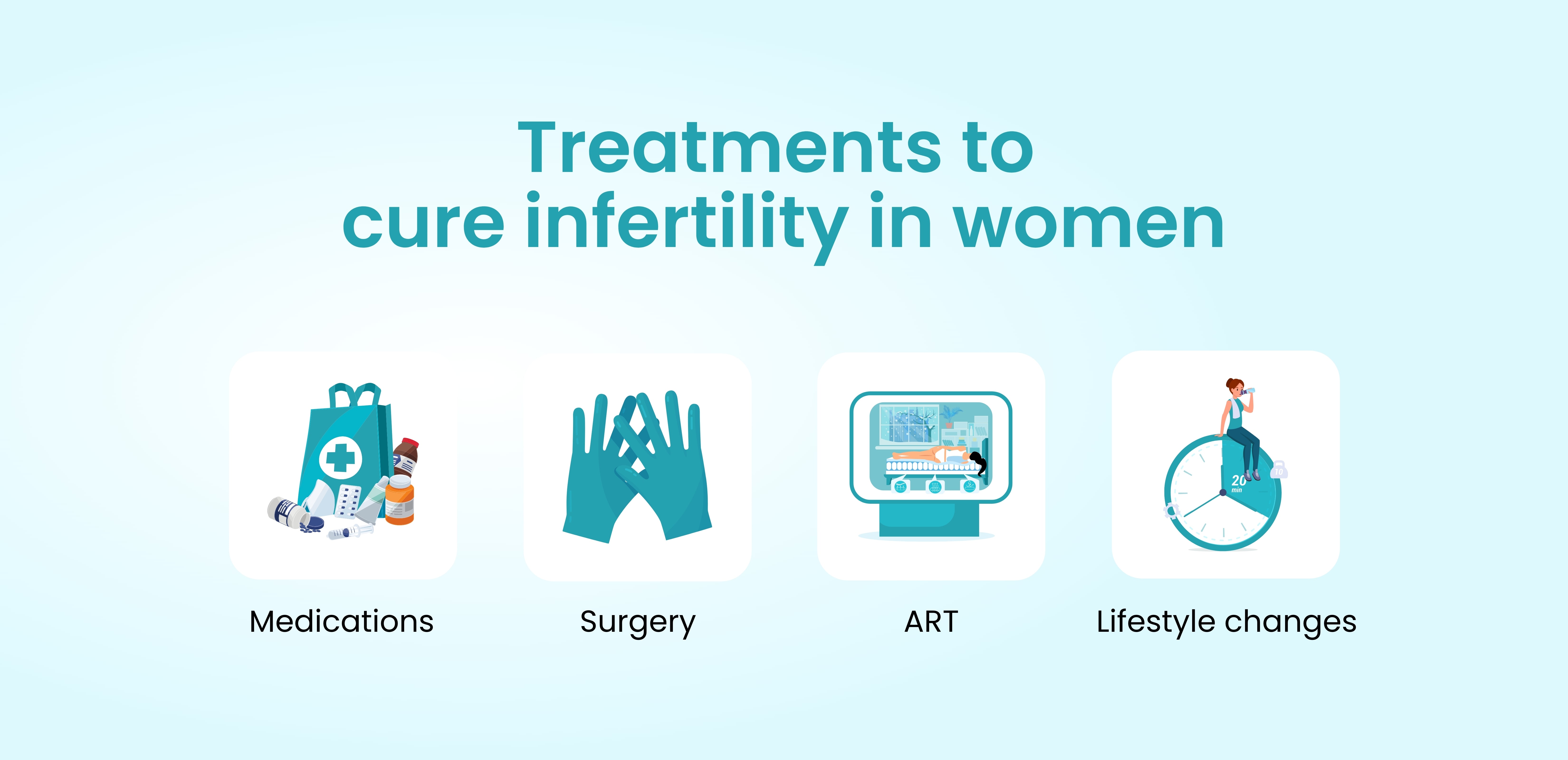
Female infertility refers to the inability of a woman to conceive a child or carry a pregnancy to term. It can be a devastating and emotionally challenging experience for many women and their partners, as it can significantly impact their mental, physical, and spiritual well-being.
One of the main psychological effects of female infertility is the loss and grief that can come with being unable to have a child. This can be particularly difficult for women who have always wanted to be mothers or feel that motherhood is an important part of their identity. The loss can be compounded by guilt, inadequacy, and disappointment, which can all contribute to depression and anxiety.
In addition to the psychological effects, female infertility can also have physical consequences. For example, some women may experience hormonal imbalances or other health issues that can contribute to fertility problems. Struggling with fertility issues requires a great deal of time, effort, and resources to seek out and undergo treatment. It can also take a toll on relationships and affect one's sense of purpose and meaning in life.
Female infertility is a common issue, affecting an estimated 10-15% of couples trying to conceive. The prevalence of fertility problems tends to increase with age, with fertility declining in women starting in their mid-to-late 20s and declining more rapidly after the age of 35.

There are many different causes of female infertility, including hormonal imbalances, structural abnormalities, and underlying medical conditions. Some common causes include:
If you are experiencing fertility issues, your healthcare provider may recommend a number of tests to help diagnose the cause of the problem. Some common tests for female infertility include
Discussing your symptoms and concerns with your healthcare provider is important, as they can help determine which tests are necessary and make a diagnosis.
Several medications may be used to treat fertility issues in women. These include Clomiphene citrate, Gonadotropins, Metformin, Letrozole, and Bromocriptine. It may also be used to treat fertility issues in women with high prolactin levels or PCOS. It is highly advisable for women to discuss their medication options with a fertility specialist and follow their instructions carefully. Some medications may have side effects, so it is important to disclose all medications and supplements being taken.

There are several treatment options that may be used to help cure infertility in women. These include
In conclusion, female infertility can have significant psychological, physical, mental, and spiritual effects on women and their partners. While it can be a difficult and challenging journey, there is a range of options available for diagnosis and treatment at Juhi Fertility Centre with a high success rate, but it is important for couples to seek out emotional support and counseling to help cope with the challenges and emotions that may arise. It is important for couples to discuss their treatment options with a fertility specialist and make a plan that is right for them.
Your email address will not be published. Required fields are marked *